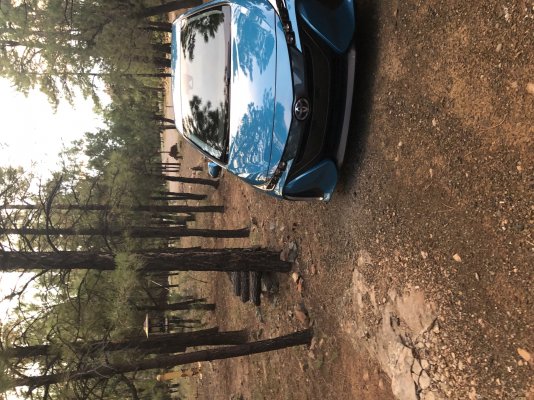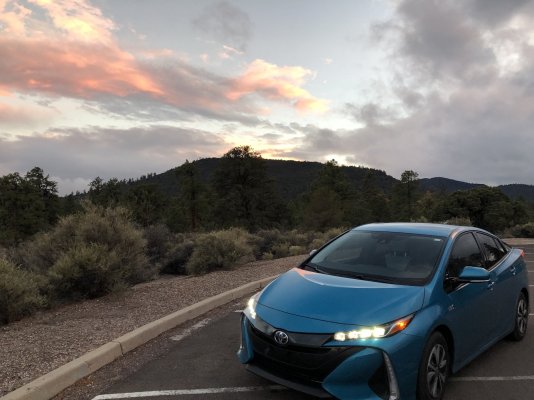In my prior life, I owned an industrial operations consulting company. Many of the engineers, including myself, did work for many of the major auto companies, working on quality improvement, training workers, improving on-floor production operations, etc. Here are some thoughts:
- I suggest googling JD Power and looking at their 2019 automotive reviews of brands and specific vehicles. US New and World Reports also does auto reviews. Consumer Reports does as well, but I discount their reviews a bit (primary focus is on value versus best vehicle - and value for the dollar is only one metric). Here are some summary points from JD Power: mid-priced cars are getting better and have closed the gap with luxury brands; Yet, Lexus and Porsche were still at the top of their rankings, but to my first point, I recall Buick doing well (not sure if I remember that correctly); some brands with good reputations didn't live up to those reputations; JD Power's ratings are in 5 different categories of reliability, performance, etc.
- My personal view is that Toyota (and especially Lexus) still commands the high ground in overall quality, but (per above) many other brands are getting much closer. Still, specific models within any brand may vary in overall customer satisfaction scores. Even individual cars coming off the line may vary in quality (that is the holy grail for manufacturers, to reduce to zero the variation in quality), but with the better brands (with better company cultures, design and training), your chances of getting a lemon are reduced.
- Of course, you have to know what you value. People don't always choose the most reliable vehicle (nor the cheapest, nor fastest, nor most stylish, nor most utilitarian, ...). So Toyota reliability, if it exists in the model you're considering, may or may not matter so much to you.
- Drive all the candidates (spend the time). The quantitative analysis and reviews often go out the window because of how the car feels. So take both quantitative and qualitative data into account.


